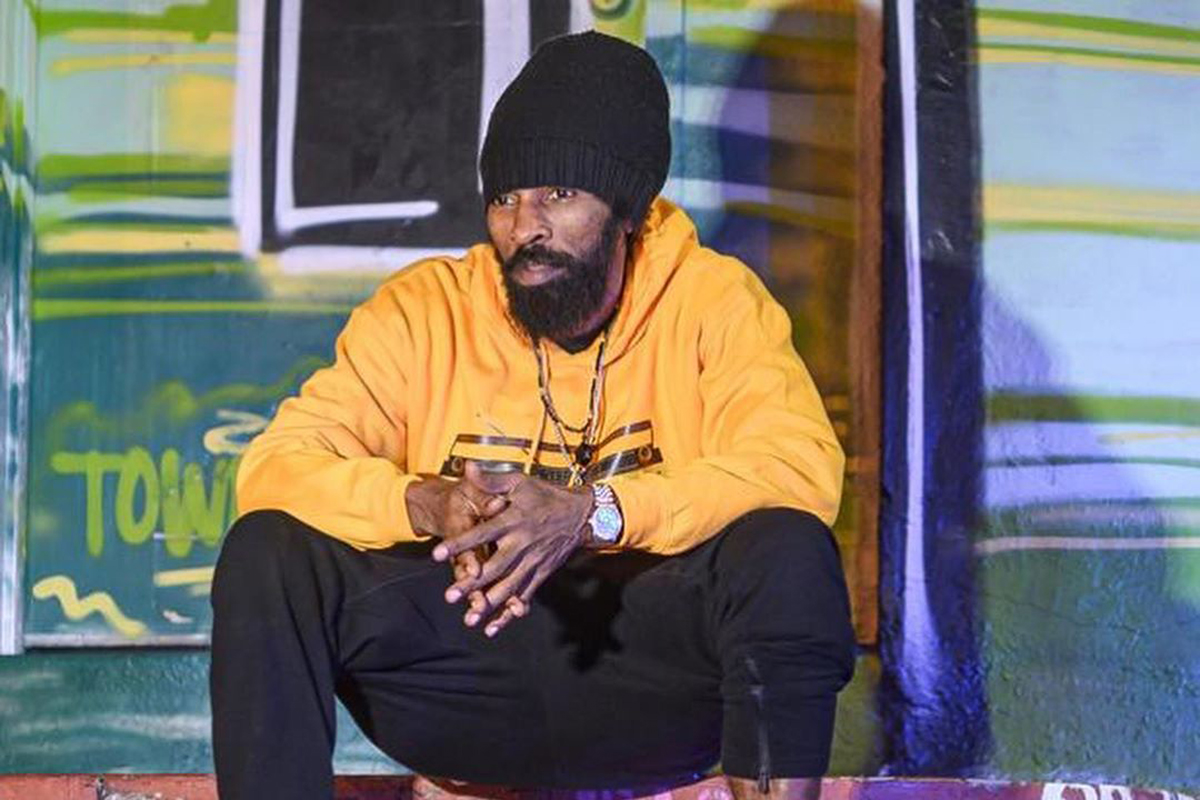Dancehall Artists Weigh In On Jamaica’s Constitutional Reform Process

As Jamaica’s Constitutional Reform Committee (CRC) commenced its town hall meetings series on Wednesday, some members of the Dancehall music fraternity have weighed in on some of the recommendations brought forward.
During the first town hall meeting held at the Montego Bay Cultural Centre in Sam Sharpe Square, CRC member and Opposition spokesman on industry, investment, and commerce Anthony Hylton, said the body was proposing a seven-year term for the president once Jamaica becomes a republic.
Hylton, in responding to a question as to whether Jamaica is mature enough to select a president, had said that in discussing the role and function of the president, the CRC had determined that, among other things, the president should represent “unity and stability”, which, in order to be achieved and maintained, meant that there be “a term of years that doesn’t coincide with the five-year election cycle.”
Changez artist Ce’Cile was among those who gave additional recommendations, pointing out that there should be term limits for the country’s leader.
“U also shouldn’t be able to be prime Minister for longer than 2 terms either,” she noted on Instagram.
She was supported by her compatriot Tanya Stephens, who went a step further.
“With no return,” the Rebelution artist stated referring to the parameters of the president’s term limits.
Stephens then commented on what she described as a seeming rush by the State to proceed with the Constitutional Reforms.
“I’m very concerned about the urgency of this though…who gi we deadline?????” she asked.
Two weeks ago, Red Square artist Spragga Benz had commented on the Constitutional Reform Committee, following calls by several local Christians for Canadian constitutional reform and constitutional scholar, Professor Richard Albert to be removed from the body, due to him having what was described as “a distinct pro-LGBT and pro-abortion bias”.
Spragga had shared a link to a newspaper article titled “Canada rolls out billion-dollar gender-equality initiatives in Jamaica” and noted that Jamaicans should “pay attention” as Canada’s motives were sinister, and has nothing to do with biological male-female equality.
“This is how and when Canada bought a seat on Jamaica’s Constitutional Reform Committee. Don’t get CON-fused by the term “Gender Equality” as it has NOTHING to do with equality of the two genders,” his post noted.
“The multiple genders and introduction of laws pushed in the west which allows children to not only identify as anything they “feel Like” but also provide funding for children who may want to change their gender and introduce text books in our Early Childhood/Primary schools to introduce these new genders to the impressionable minds,” it added.
It added: “These laws in the west are being written in such a way takes away the parents’ legal rights from objecting to these changes and/or any chemical/surgical procedure that the child needs to do. I hope the eyes of Jamaicans are opened to the methodology being used by the West to spread their nastiness.”
Prime Minister Andrew Holness had announced the names of the members of the CRC, which he said would play a key role in ensuring Jamaica’s smooth transition to a Republic, on Wednesday March 23.
The 15-member group includes representatives of the Government and Opposition, civil society and faith-based organisations.
It is co-chaired by Minister of Legal and Constitutional Affairs, Hon. Marlene Malahoo Forte and Ambassador Rocky Meade and includes Attorney General, Dr. Derrick McKoy and Senate President, Tom Tavares Finson.
Government Senator, Ransford Braham; Opposition Senator, Donna Scott Mottley, national constitutional expert, Dr. Lloyd Barnett and representative of the wider faith-based society, Dr. David Henry, are also members.
Noting that the committee was not a “partisan endeavour”, Holness had said the knowledge and guidance of the CRC would be crucial in the transition process and that he was confident that the “ambitious timelines” would be met.
The PM had also said that their job involves “reviewing the work that has already been done, to pull from that body of work what is relevant to today’s circumstance and to give advice and guidance to the overall process”.
“There may be the view that it is a straightforward and simple task of just changing the name of the country from that of a constitutional monarchy to a republic; that is not the case. There are many legal steps that we have to go through and there is the matter of a referendum, the outcome of which no one can predict,” Holness had stated.

